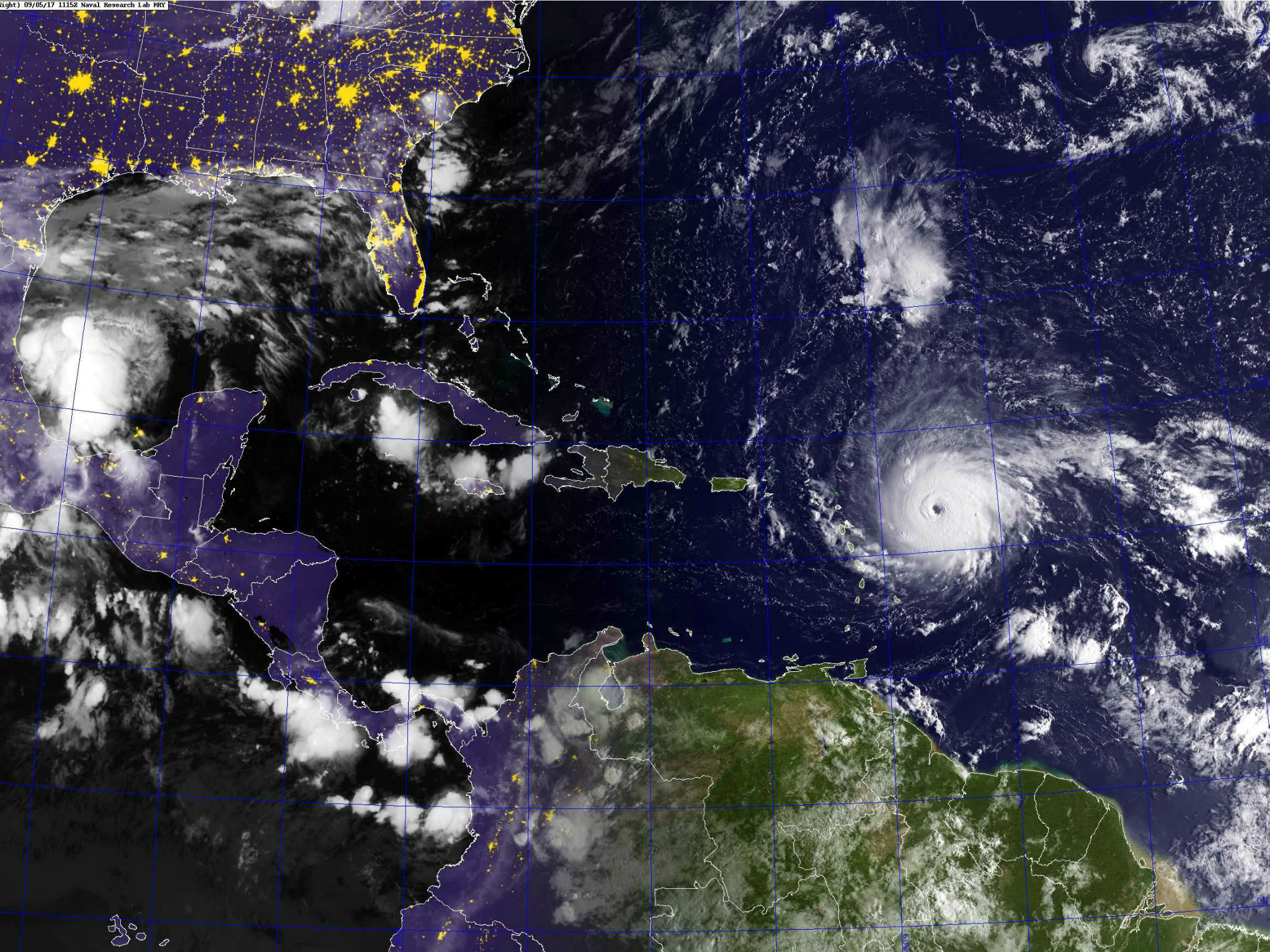Sexism means female hurricanes are deadlier than male ones, researchers claim
'Severe hurricanes with feminine names are associated with significantly higher death rates,' say researchers

Hurricanes with feminine names are more deadly than storms given masculine monikers because people take them less seriously, a study has claimed.
Research suggests changing a severe hurricane's name from Charlie to Eloise could triple the death toll.
Authorities name large storms because they believe it helps people remember advice on how to protect themselves from the weather, researchers said.
But "this practice also taps into well-developed and widely held gender stereotypes, with potentially deadly consequences," they wrote in the Proceedings of the National Academy of Sciences of the US.
Researchers at the University of Illinois and Arizona State University analysed more than six decades' worth of data in reaching their conclusion.
They wrote: "We demonstrate that a natural disaster can, merely by being symbolically associated with a given sex through its assigned name, be judged in ways congruent with the corresponding social roles and expectations of that sex.
"In particular, analyses of archival data on actual fatalities caused by hurricanes in the United States indicate that severe hurricanes with feminine names are associated with significantly higher death rates.
"An explanation for this unexpected finding is tested in six experiments. These experiments show that gender-congruent perceptions of intensity and strength are responsible for male-named hurricanes being perceived as riskier and more intense than female-named hurricanes.
"These findings have important implications for hurricane preparedness and public safety."
Hurricane Irma, a Category 5 storm, is currently bearing down on the Caribbean just days after Hurricane Harvey devastated the Texas city of Houston and surrounding areas.
But not everyone was convinced by the study, published in 2014.
Gina Eosco, of Cornell University, told the Washington Post: "The focus on the gendered names is one factor in the hurricane communication process, but social science research shows that evacuation rates are influenced by many non-weather factors such as positive versus negative prior evacuation experiences, having children, owning pets, whether a first responder knocked on your door to tell you to evacuate, perceived safety of the structure of your home.
"None of these very important variables were factored into this study."
The journal that published the study later ran a number of other articles arguing that it had been flawed, the Post said in a separate story.
Join our commenting forum
Join thought-provoking conversations, follow other Independent readers and see their replies
Comments